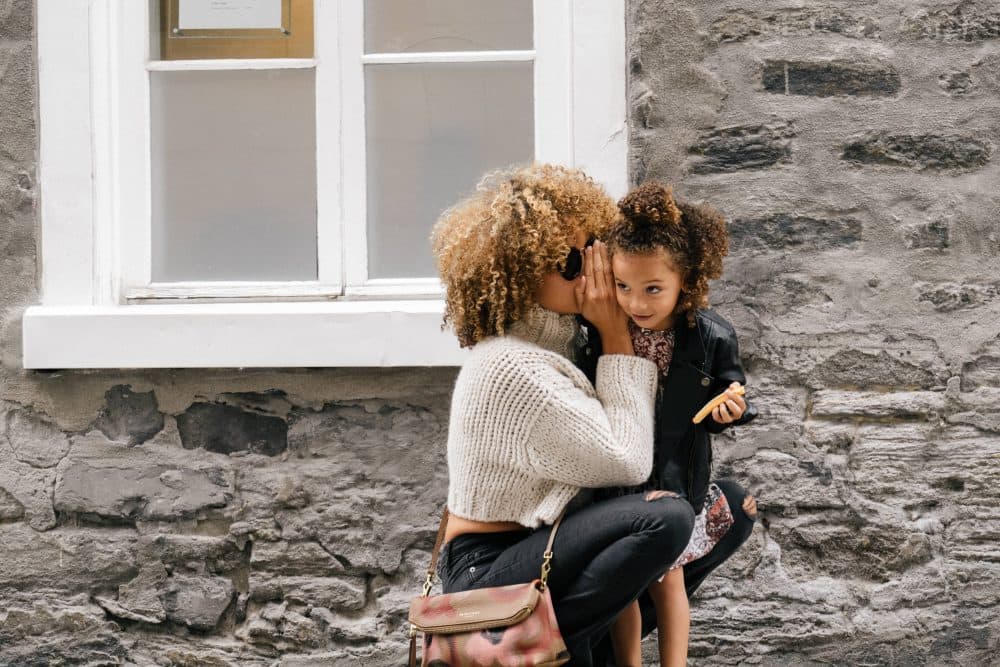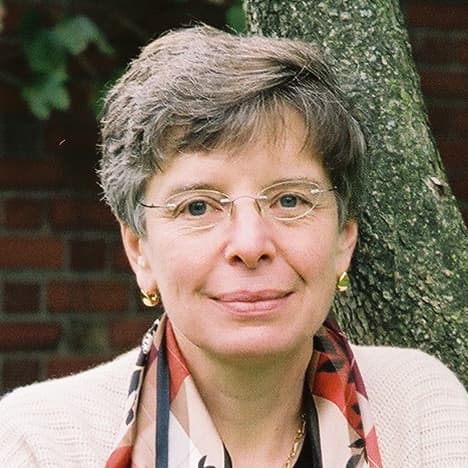Advertisement
The Emotional Sticker Shock Of Parenting

Recently a young pregnant colleague was forced to start her pregnancy leave several weeks before she’d planned in order to assure her unborn baby’s health. I did what I could to help her tie up loose ends, and, without meaning to, I let slip my real feeling. “Welcome to parenthood.” She laughed, and I didn’t elaborate.
I could have added, “You’ve just agreed to a live a life that’s no longer in your control. From here on in, you are a hostage to fortune.” But I figured it was better to have her come to that recognition more slowly. It’s too much reality for anyone to swallow in one gulp.
Don’t get me wrong, the joy and love, and the privilege of having the company of children are unrivaled. But let’s face it: so is the helpless worry.
Particularly nowadays, when women do — for the first time in history — feel some control over their lives before they have children. They can choose to bicycle around the world, or report from war zones, or work 100 hour weeks on fishing boats in Alaska to more quickly pay off their student debt. All of those choices might make their mothers quake (and of course, their fathers too!), but they are often exhilarating and fulfilling. Many young women now have the opportunity to savor some freedom and autonomy before they settle down and start families. Perhaps it is exactly the distance of the new mental state from the old that adds to the emotional sticker shock of parenting. Autonomous one day, hostage to fortune the next.
Don’t get me wrong, the joy and love, and the privilege of having the company of children are unrivaled. But let’s face it: so is the helpless worry. Just when you think you have made it through your panic about a 2-month-old’s unsoothable colic, you come face to face with your first really bad round of croup. And on it goes. Every time you start feeling at ease with one parenting moment, a few weeks or months or years pass, and you find yourself in the middle of the next, new, confusing place. But the real kicker is that the stream of unmapped places know no end.
Someone I spoke with recently whose young adult child had just hosted — in the parents’ absence — one of those parties where alcohol and police end up intermingling, shook her head and asked, “Are they ever old enough so you don’t worry?” She knew my opinion before I opened my mouth.
Welcome to parenthood ... Autonomous one day, hostage to fortune the next.
And while it would make total sense to detach a bit once children reach their majority, it doesn’t happen. I don’t have much truck with clichés, but “A mother is only as happy as her unhappiest child,” has always struck me as absolutely true. If 33 years ago -- when my first child was born — you had whispered that wisdom into my ear, I would have thought it a huge overstatement. Jokes' on me.
And on all the mothers I know. When I told a friend whose children are in their late 20s that we were going to help pay for a bicycle for one of our adult children’s birthdays, she winced and said, “Oh no, not a bicycle in the city.” I couldn’t have put it better myself. Only later did I realize how ironic our shared reaction was — since she and I both love bicycling — often in the city. I suppose it’s a mercy of sorts that both our mothers are no longer alive.
Janna Malamud Smith is the author of the 2004 book, “A Potent Spell: Mother Love and the Power of Fear.”
